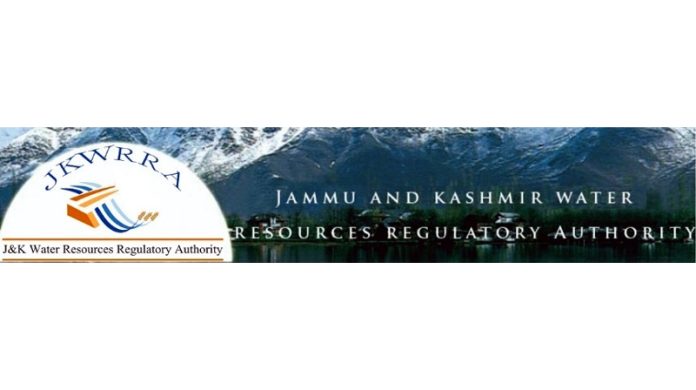The mandate of regulatory bodies is essentially crucial for maintaining the balance and sustainability of vital resources. In the context of Jammu and Kashmir, where water is not just a resource but a lifeline, the role of the J&K Water Resources Regulatory Authority (J&K WRRA) assumes paramount importance. However, the authority’s functioning reveals lapses that demand urgent attention. Established over a decade ago, the J&K WRRA was envisaged to oversee water management, regulate usage, and ensure equitable distribution. Yet, its track record falls short of the standards it was entrusted to uphold. The Authority failed to adhere to statutory obligations, notably the annual reporting stipulated by the J&K Water Resources (Regulation and Management) Act, 2010. Despite clear directives mandating the submission of annual reports to the Government and legislature, the J&K WRRA has operated in opacity, keeping its activities shrouded from public scrutiny. The significance of these annual reports cannot be overstated. They serve as a vital tool for accountability, providing insights into the authority’s activities, decisions, and utilisation of resources.
Moreover, the failure to revise water usage charges since April 2022 underscores a broader negligence in fulfilling its regulatory duties. Fixing tariffs is pivotal for ensuring fair and sustainable utilisation of water resources, yet the prolonged delay in this regard exacerbates uncertainties and potentially hampers effective resource management. Equally disconcerting is the apparent lack of emphasis on research and policy planning within the authority’s purview. In a region grappling with water scarcity and competing demands, robust research and strategic planning are indispensable. By neglecting this aspect, the J&K WRRA has failed in its broader responsibility to facilitate informed decision-making. To address these deficiencies, a comprehensive reassessment of the J&K WRRA’s mandate, structure, and operational mechanisms is imperative. This should entail a stringent adherence to statutory obligations, including the timely submission of annual reports and periodic revisions of water tariffs.


